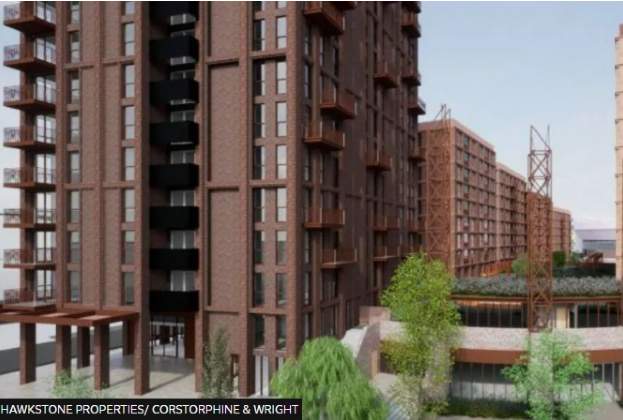As we await the Government’s response to consultation on biodiversity net gain, it’s clear that this is just the start of potentially far-reaching change for the planning system.
The challenge is to leave the environment with no net loss – and preferably a net gain – on its condition before development.
At the heart of this shift lie the principles of Natural Capital accounting. This takes into account the cost of investing to protect and enhance the capital value of natural assets such as soil, air quality, biodiversity, open spaces and clean water, as well as built capital like houses and property.
It is an approach to decision making that considers these environmental assets and the economy in tandem.
The New Forest National Park Authority-led Green Halo Partnership is forging ahead in this regard, aiming to turn the area into 'a global exemplar of precious landscapes working in harmony with a thriving economy and community'.
With Wessex Water we have been part of this initiative looking at how environmental and social value from the redevelopment of redundant assets could be recognised alongside traditional returns.
Recently I was invited by the park authority to take part in a round table discussion with Professor Dieter Helm, chair of the Government’s Natural Capital Committee. The event was organised after a conversation between the professor and the park’s chief executive at a Savills seminar last July.
Round table attendees were the local enterprise partnerships (LEPs) and local authorities in and surrounding the forest, including representatives of Hampshire, Southampton, Wiltshire, Dorset, and Bournemouth, Christchurch and Poole (BCP). ABP, Fawley Waterside, Wessex Water, Ordnance Survey, and ExxonMobil – major infrastructure, industry and development players in the area – were also represented.
Professor Helm encouraged the group to raise its profile with Government and the LEPs to write Natural Capital into their industrial strategies.
The suggested follow-on from the round table now includes the LEPs, councils and businesses collaborating on the creation of a balance sheet for the environmental resources of the region and then producing a business-led game plan for working together. This approach should also ensure the LEPs’ Industrial Strategies are consistent with one another and with the direction of Government policy.
It is quite clear that there will be environmental costs in providing the homes, infrastructure and workspaces we need in the future. A Natural Capital approach aims to fully balance environment and economics, ending the divide that has traditionally existed between them.
By illuminating decision making on what goes where, investment is enabled in environmental assets to offset the impacts, producing an overall gain in environmental quality and creating a greener and more prosperous future.
To me that sounds like what planning could and should be, balancing competing demands on land and resources.
Further information
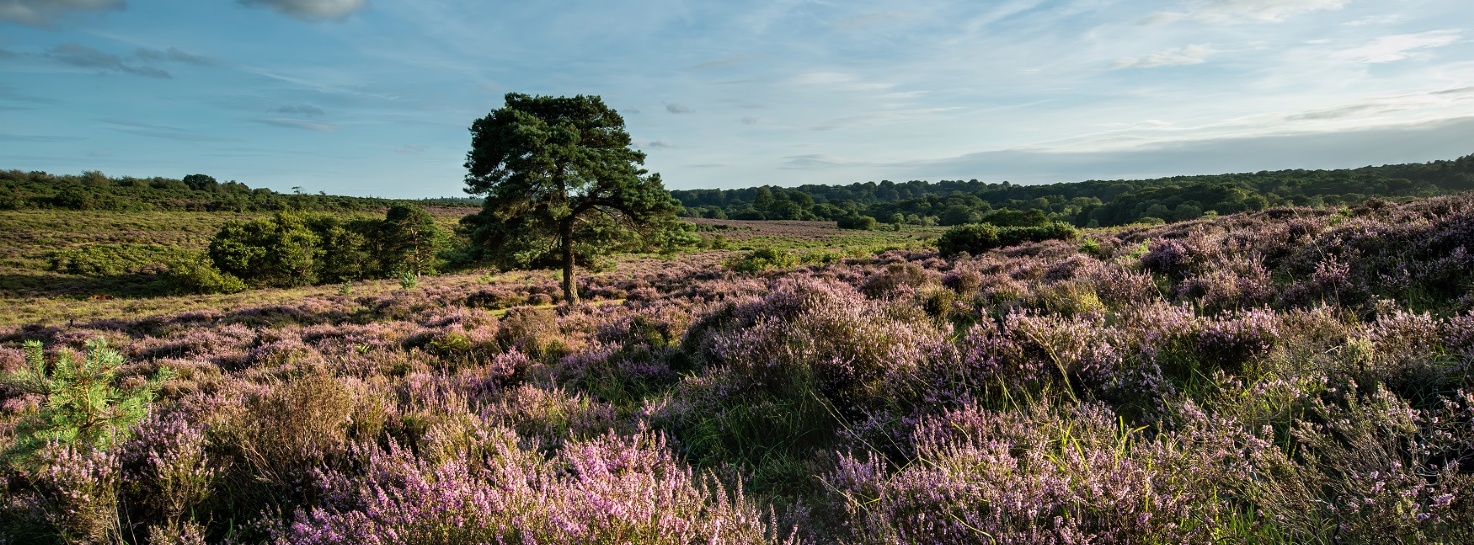
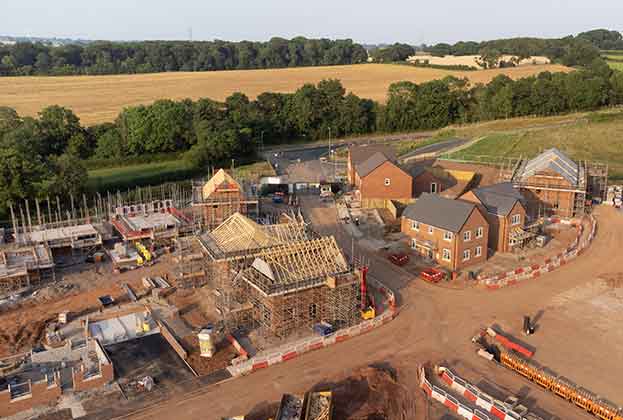
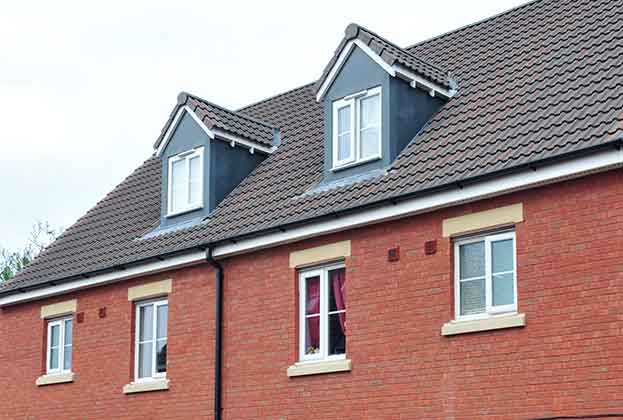
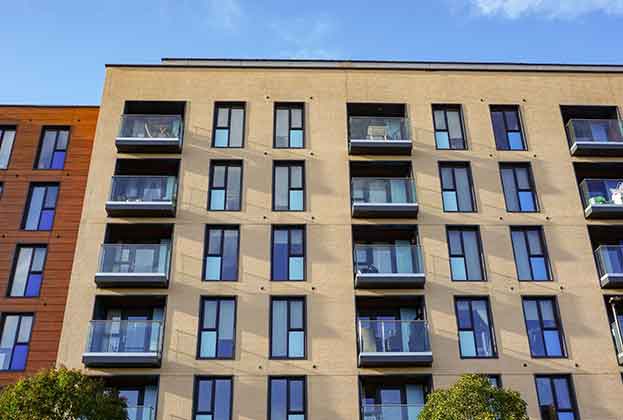
.jpg)
.jpg)
.jpg)
.jpg)
.jpg)
